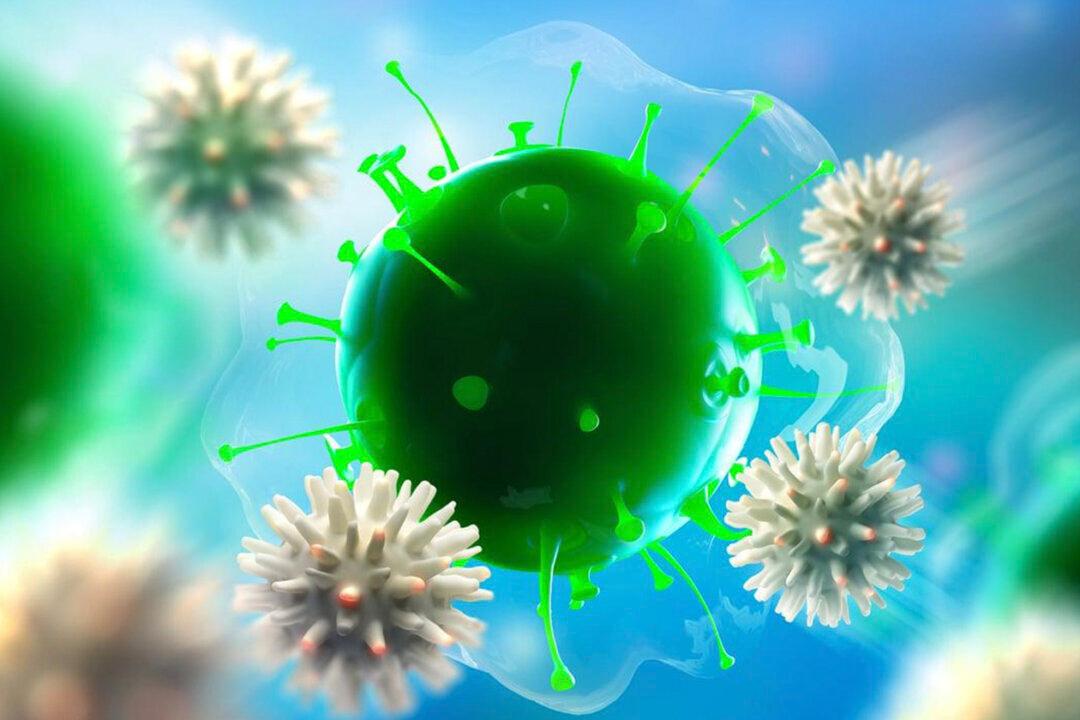An international study has identified three compounds that prevent COVID-19 infection in humans, all from natural sources, including a type of sea sponge found in British Columbia.
The scientists examined a catalog of more than 350 compounds from various natural sources such as plants, fungi, and sea sponges, in search of new antiviral drugs to treat variants of COVID-19.





